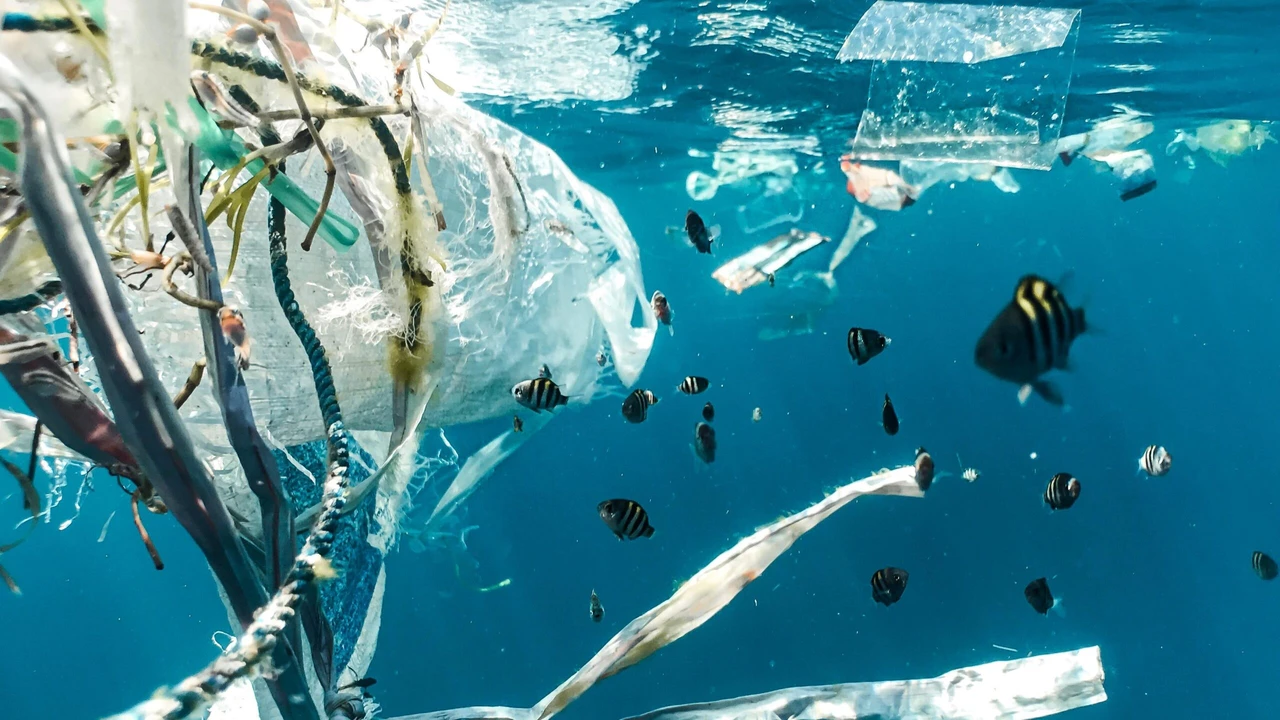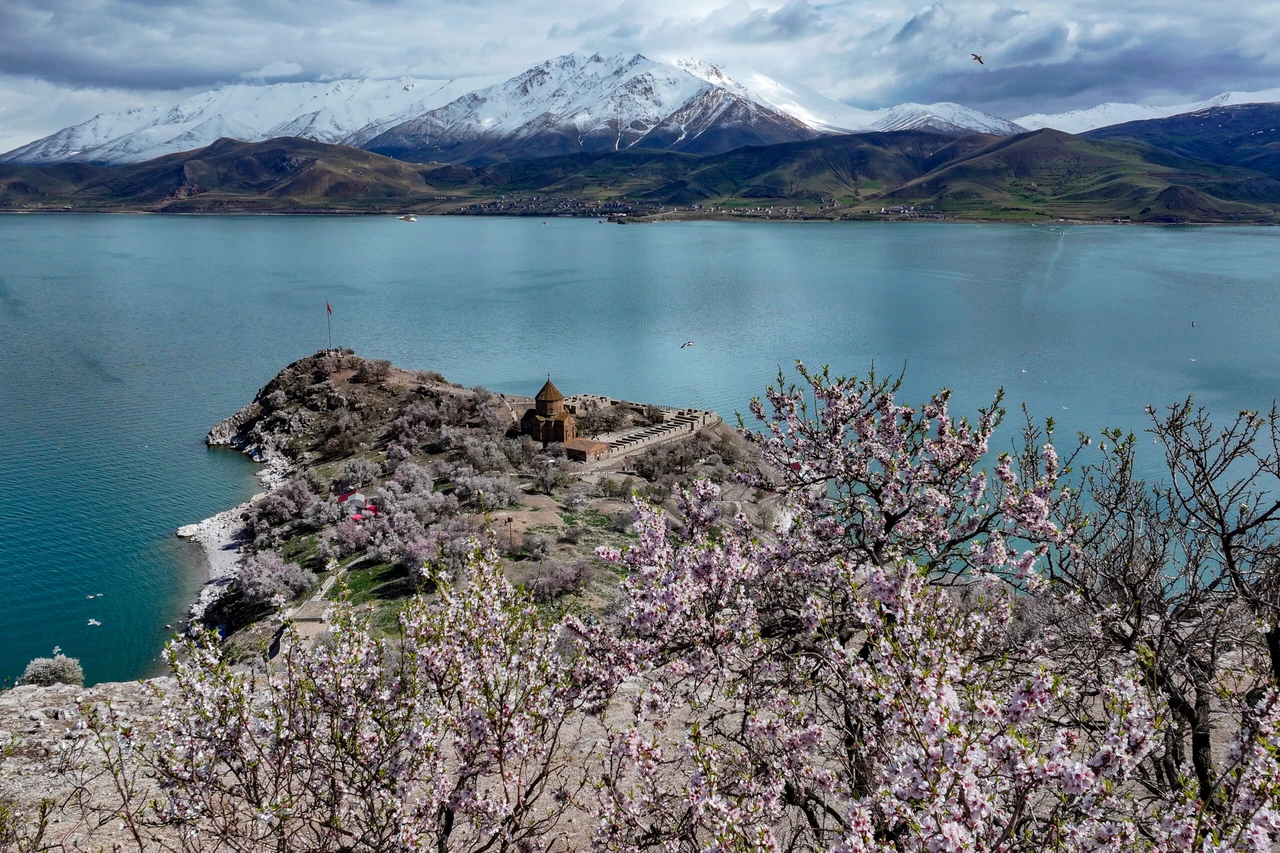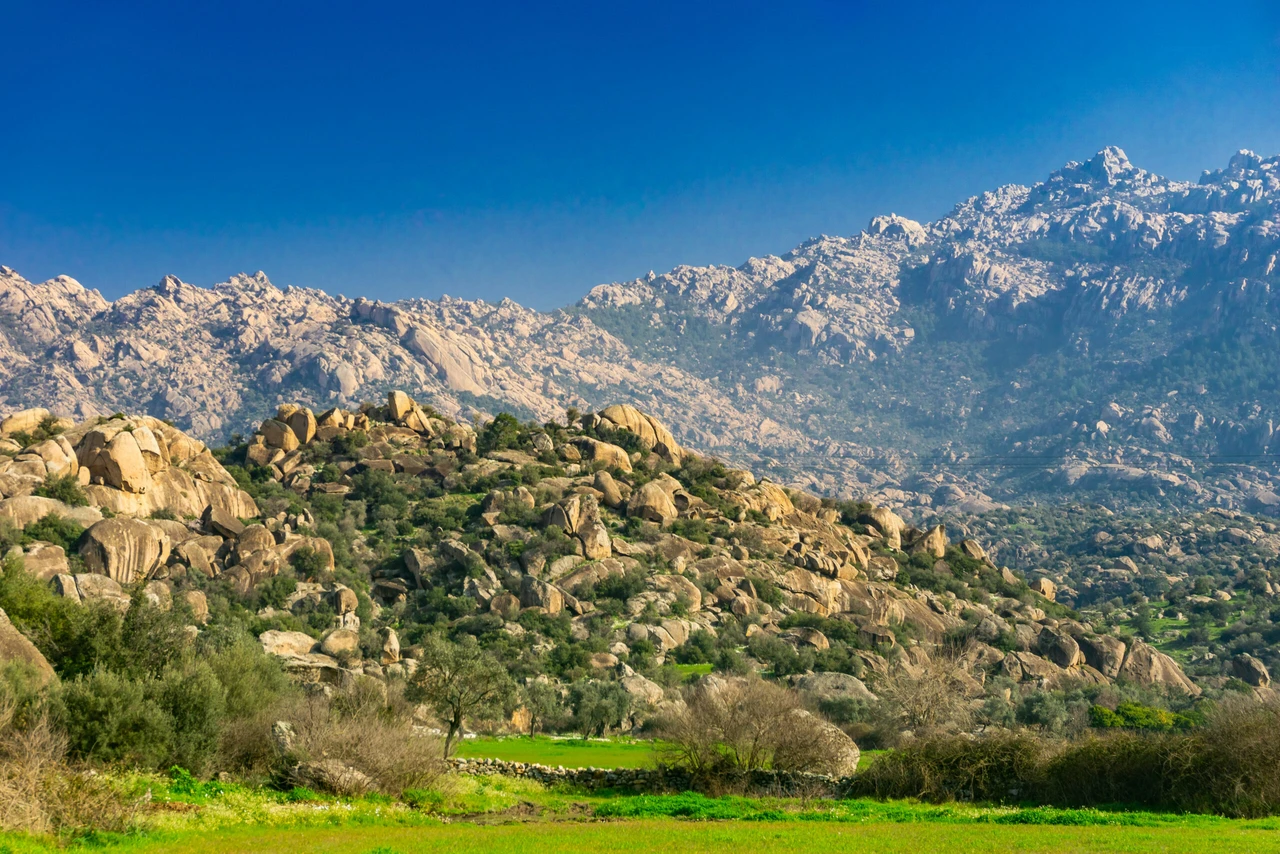WWF report reveals alarming pollution levels in Mediterranean
 The extent of plastic pollution in the Mediterranean is alarming, Mediterranean Sea, Jan. 23, 2024 (AA Photo)
The extent of plastic pollution in the Mediterranean is alarming, Mediterranean Sea, Jan. 23, 2024 (AA Photo)
According to a recent report by the World Wide Fund for Nature (WWF), approximately 87% of the Mediterranean Sea is polluted with toxic metals, chemicals and plastic waste. The report, titled “No Health Without a Healthy Environment,” was published on International Mediterranean Day.
The WWF highlighted that there are 1.9 million pieces of plastic per square meter in the Mediterranean, marking the highest microplastic density ever recorded in marine environments. This pollution has extended beyond the sea, affecting freshwater sources, air, and soil in the region.
Over the past 20 years, deaths caused by factors such as air pollution and toxic chemicals have increased by 66%, now reaching 9 million annually. The report emphasized that this widespread pollution poses significant health risks due to the accumulation of persistent chemicals known as per- and polyfluoroalkyl substances (PFAS) and polybrominated diphenyl ethers (PBD).
The report detailed the contamination of water bodies, including rivers, lakes, and seas, by pesticides, agricultural nutrients, heavy metals, and untreated industrial waste. In Italy, 13% of rivers and 11% of lakes are reported to be in poor condition. The situation is similarly dire across Europe, with 75% to 96% of marine environments facing significant pollution issues.
WWF’s findings underscore the urgent need for comprehensive measures to address the environmental crisis in the Mediterranean and protect both ecosystems and public health.



